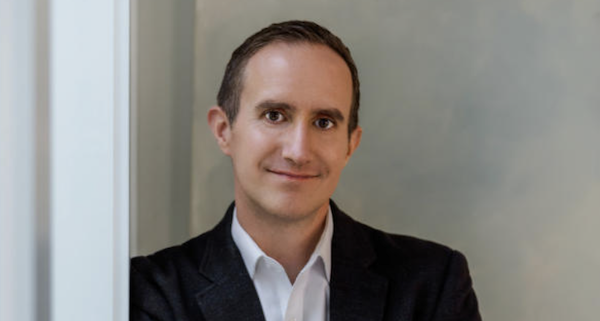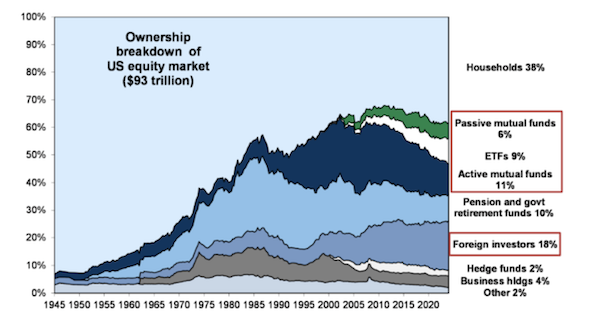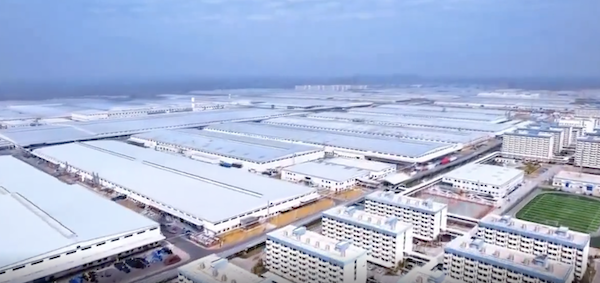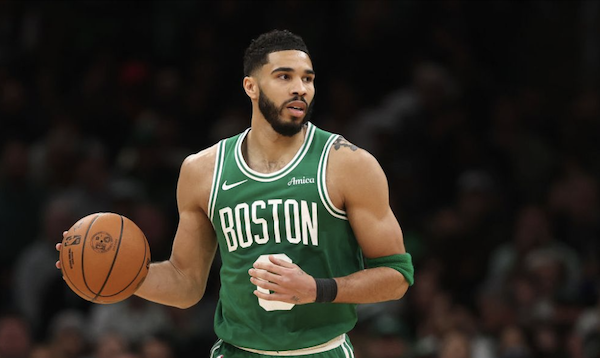Market scorecard
US markets wandered around aimlessly, before settling lower last night. It was the second down day after the shock announcement of 25% tariffs on all auto imports. GM, Stellantis, and Ford shares continued to tumble, while international carmakers like BMW, Toyota, and Hyundai also took a hit.
In company news, auto tariffs seem to be great news for the car rental industry, so Avis Budget Group soared 20.5% and Hertz popped 22.6%. Elsewhere, AppLovin shares tumbled 20% after short seller Muddy Waters accused the company of violating app store policies. Lastly, fancy athleisure brand Lululemon is down 10% after-hours because guidance came in below expectations.
In summary, the JSE All-share was down just 0.03%, the S&P 500 fell 0.33%, and the Nasdaq closed 0.53% lower. To paraphrase Bertrand Russell, when the crazies are full of conviction, clever people are filled with doubt.
Our 10c worth
One thing, from Paul

Morgan Housel is the best personal finance writer on the planet. His insightful columns are absolute bangers, every time.
You can read his latest post here, it's about striving for independence. His main point is that people should work hard and save money so that they can escape dependence on a job, a boss or a location.
Here are Housel's principal conclusions.
(1) Independence in thought, philosophy, morals, and culture are as important as financial independence.
(2) When you're independent you feel less desire to impress strangers, which can be an enormous financial and psychological cost.
(3) Independence does not mean you don't care what anyone thinks of you. It means that you strategically decide whose attention you seek.
(4) Financial independence doesn't mean you stop working.
(5) Being independent doesn't mean you're accountable to no one. You become accountable to yourself, which is often when you do your best work.
Byron's beats

I really like this chart that breaks down US equity ownership. Note how ETFs have grown over the last two decades; I was surprised to see it at only 9%. With all the noise they make about ETFs, I thought it would be more.
Households at 38% is very high by global standards. The reason it has come down so much from the 1950s is the formalisation of investments by professional advisors and service providers. I like how it has expanded again in the last decade thanks to platforms like Robinhood.
Pensions, active mutual funds and hedge funds have all gone backwards. Those are the mediocre, underperforming investment vehicles that people have finally woken up to.
Foreign investors have grown a lot. That makes sense, because US equities have been the best place to invest funds over the last 2 decades and foreigners want in on the action. If you are a Vestact client, your portfolio will form a small slice of that segment. Well done.
Michael's musings

BYD, the Chinese electric car manufacturer, is in the process of building a factory city in Zhengzhou that will span 50 square miles. It will be an entire city that is geared to producing BYD products, along with sports stadiums and cultural venues. It has finished phase four of eight and already houses 60 000 workers. Once completed, the factory city is expected to be home to over a quarter million people.
The project reminds me of Ford's River Rouge complex which began construction in 1917, took 11 years to build, and spanned 1.5 square miles. In that case, factory floor and rail lines covered most of the land. The Rouge set a new bar for mass production and vertical integration. Today, it mostly produces the very popular F-150.
BYD's stated goal for the factory in Zhengzhou is to produce 1 000 000 cars a year. That is a huge number, but you probably don't need 50 square miles to do that. Ford's complex is a fraction of the size, only employs 6 000 people and produces about 300 000 F-150s per year. I wonder what else BYD has in mind?
Bright's banter

My favourite Basketball team in the Eastern Conference, the Boston Celtics is set to become the most expensive North American sports franchise. A consortium led by William Chisholm has agreed to buy the team for $6.1 billion, the most dosh shelled out for an NBA team.
Chisholm, a lesser-known billionaire and managing partner at Symphony Technology Group, will acquire an initial 51% stake this year, with the remaining shares owned by the Grousbeck family set to be sold by 2028.
Boston Celtics were bought in 2002 for just $360 million, so the Grousbecks have made a handsome return on their investment. In my opinion, the Celtics, already a well-run franchise, could benefit from a sharper approach to revenue growth, sponsorships, and global expansion.
The days of wealthy owners treating sports franchises as vanity projects are fading. Investors expect returns, and in sports, winning drives value - better teams mean higher ticket sales, stronger media rights deals, and bigger sponsorships. The challenge, of course, is finding the balance between the best players, financial discipline and maintaining the soul of a storied organisation.
Linkfest, lap it up
Some say Google should pay news outlets. Google is experimenting to see what happens when they remove the news - User numbers didn't change much and nor did Google's revenue.
Cryptocurrency exchange Bybit lost $1.5 billion to North Korean hackers. It all traced back to an account on a free digital storage service - The largest ever digital money heist.
Signing off
Asian markets took a hit this morning, with investors growing jittery over looming "reciprocal tariffs" and escalating trade tensions. The MSCI Asia-Pacific index dropped over 1.2% and Taiwan's stock index slumped to its lowest level since September.
In local company news, Sirius Real Estate is adding to its German portfolio with a EUR17.21 million (R338 million) acquisition of a multi-tenanted business park in Mönchengladbach. That's surely the most Germanic name imaginable, lol.
US equity futures are marginally higher pre-market. The Rand is trading at around R18.25 to the US Dollar.
It's a Friday, let's hope we can make it through the trading day without any more surprises from the White House.
Have a restful weekend.